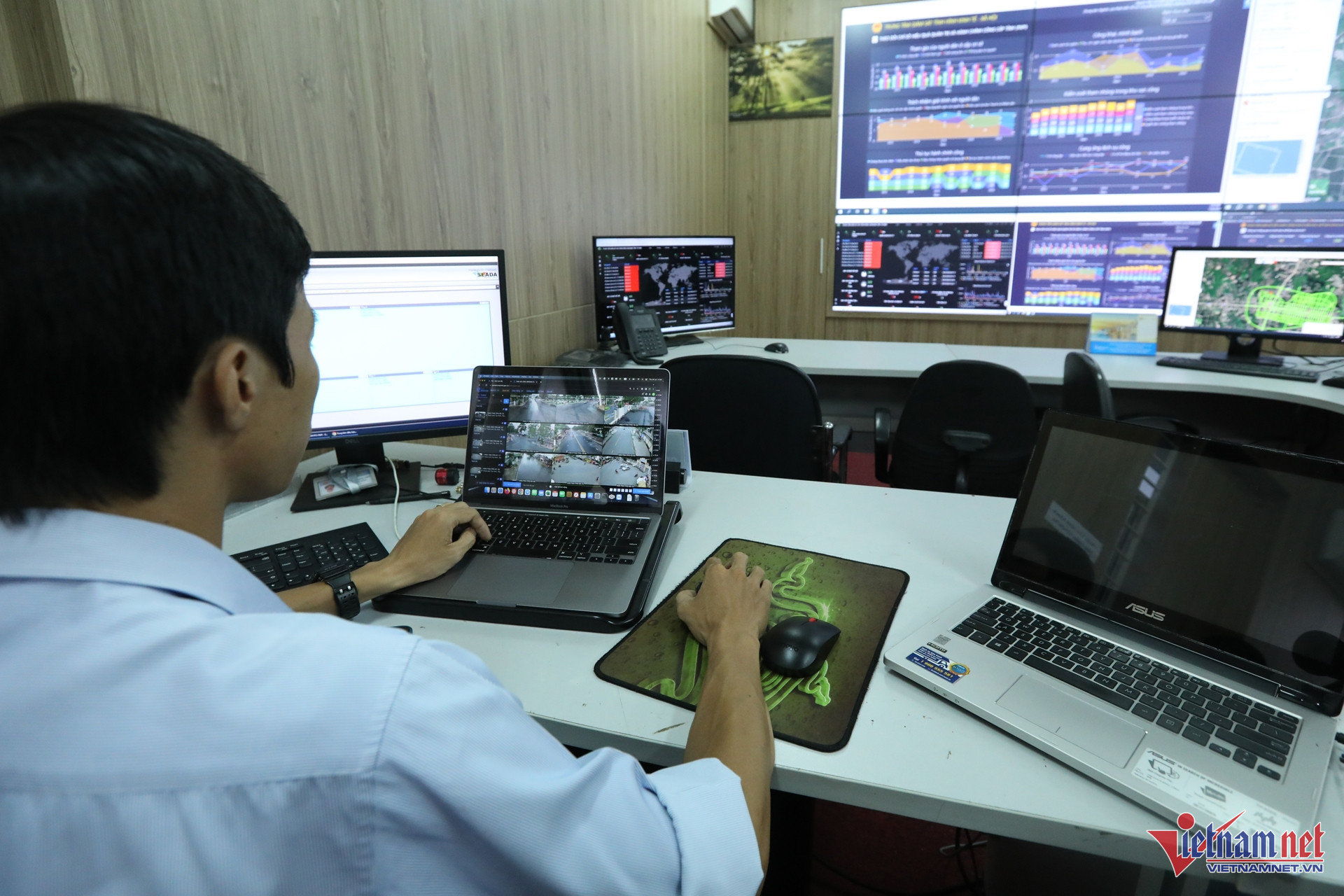The technical systems at the Authority of Information Security under the MIC recorded 204 cyber incidents affecting information systems in Vietnam during October, a decrease of 18.4% from the previous month and 79.8% from October 2023.
Over the past three months, cyber incidents have seen a steady decline, from 349 incidents in August to 250 in September, and further down to 204 in October.
From January through October 2024, Vietnam recorded a cumulative total of 4,483 cyber incidents—a 57.4% reduction compared to the 10,513 incidents recorded over the same period in 2023.

Cybersecurity experts note that this decline in incidents reflects a growing awareness and proactive response from organizations and enterprises in Vietnam regarding the importance of securing their information systems.
At the recent CIO CSO Summit 2024, Trieu Thi Thu Lan, a cybersecurity expert from KPMG Vietnam, noted that recent cyber incidents have led many Vietnamese organizations to significantly elevate their focus on information security and protection.
Although the number of cyber incidents in Vietnam has decreased, the sophistication and severity of cyber attacks are on the rise.
In fact, during the first months of this year, Vietnam saw multiple cyber attacks targeting key industries such as telecommunications, energy, securities, and logistics through ransomware. These attacks have seriously impacted operations and caused financial and reputational losses for affected companies.
According to the Authority of Information Security, this trend signals that international cybercriminals are increasingly focusing on Vietnamese organizations.
The agency emphasized that, given the continuous evolution of cybersecurity threats, organizations and businesses must remain vigilant and enhance their cybersecurity capabilities to prevent and combat cyber risks.

To proactively respond to cybersecurity risks, the Authority of Information Security recommends three key strategies that organizations should prioritize: effective response planning, adequate investment in cybersecurity, and routine incident response exercises.
Specifically, organizations should establish a comprehensive information security plan that includes monitoring, detection, protection, rapid response, and system recovery following incidents.
The plan should be based on strict adherence to information security regulations and protocols to ensure effective incident response, incorporating the six key solutions provided by the MIC.
“Among these, special attention should be paid to implementing offline data backups and ensuring system recovery within 24 hours in the event of an incident. Additionally, systems should not be activated until they have been certified as secure,” a representative from the Authority of Information Security advised.
Simultaneously, investment in cybersecurity - which includes both tools and ongoing costs - is recommended to account for 10% of the total IT and digital transformation budget of an organization.
Furthermore, regular training and periodic cybersecurity assessments, as well as real-time security exercises, are crucial to identifying existing vulnerabilities in information systems.
Van Anh